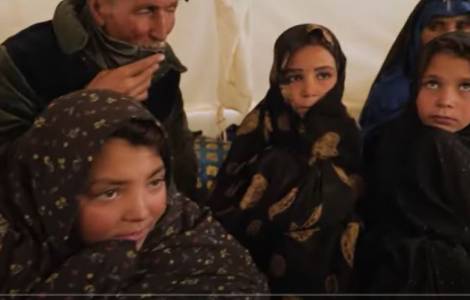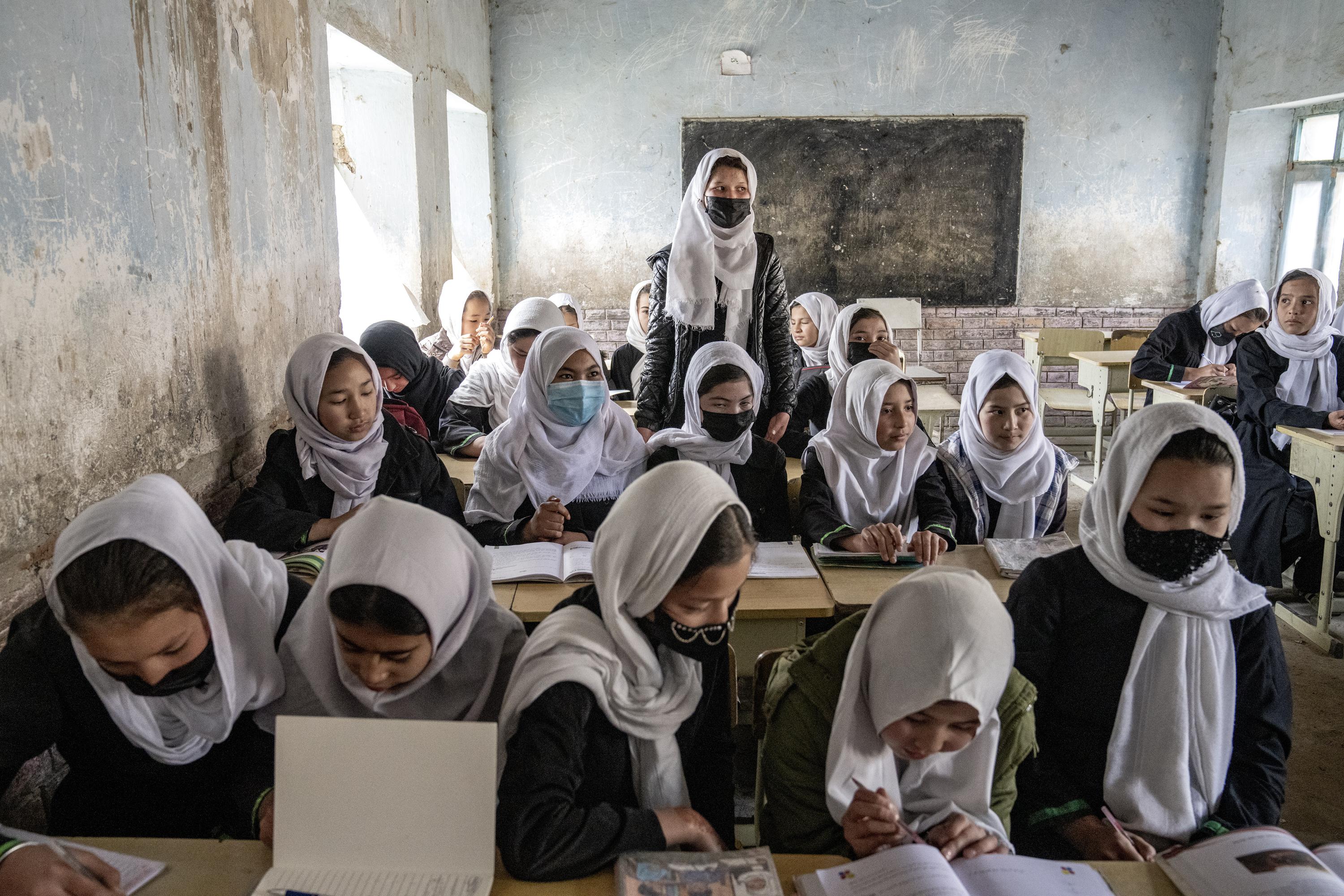The Malala Fund, dedicated to promoting girls' education globally, has announced new funding of over $1.5mn for 13 organizations that provide digital and alternative learning opportunities for Afghan girls.
It has been over 1,000 days since the Taliban imposed a ban on secondary education for girls in Afghanistan, leaving millions of Afghan women and girls under a system of strict gender discrimination that bars them from schooling, work, and public participation.

Despite these harsh conditions, many Afghan women and girls are determined to continue their education in secret, according to the "Malala Fund," an organization founded by Malala Yousafzai, the Pakistani advocate for girls' education and the youngest Nobel Peace Prize laureate.
"We are proud to support these innovative initiatives," stated Sahar Halaimzai, director of the Malala Fund’s Central Asia initiative. "By offering digital and alternative education pathways, we ensure Afghan girls can continue their education despite the challenges of the past three years."
Through these initiatives, up to one million Afghan girls could access educational content delivered via satellite television and online classes conducted at home. Afghanistan remains the only country globally where girls are entirely prohibited from attending school, a situation that existed even before the Taliban's resurgence when 3.7mn young people, predominantly girls, were already out of school. The Taliban's policies have since prevented an additional 1.2mn girls from attending secondary school.
For two decades, Afghan social workers have made significant strides in rebuilding the education system, enabling millions of girls and women to attend school. However, the Taliban's return to power in 2021 has jeopardized this progress, leading to a scenario where half the country's population is now excluded from educational opportunities.

Since 2017, the Malala Fund has worked with local organizations to improve Afghan girls' access to free, safe, and quality education. The organization has tackled the shortage of female teachers by investing in their training and recruitment.
Following the Taliban's takeover, many educators faced reprisals for advocating girls' right to education. Efforts have been made to support these educators, including helping them and their families to evacuate and backing alternative education programs for girls during school closures.
At the advocacy level, the Malala Fund continues to urge regional and global institutions to pressure the Taliban government to reopen schools for girls. The international response to the Taliban's ascendancy has triggered a humanitarian and economic crisis, exacerbating barriers to girls' education in Afghanistan.
With the country's assets frozen and aid reduced, 97% of the Afghan population is now at risk of poverty, and the education system is nearing collapse, with teachers unpaid for months.
The Taliban had previously promised to reopen schools for all girls by the end of March, but this commitment remains unfulfilled.
"A decree alone is not enough," the Malala Fund emphasizes.
"The ban on educating girls contradicts both secular and religious principles, hindering the Taliban's quest for international recognition," remarked Sultan Barakat, a lecturer at Hamad Bin Khalifa University in Qatar and the University of York.
Civil society organizations insist that the international community must employ policy instruments that ensure the safe return of Afghan girls to school.
Follow Daryo's official Instagram and Twitter pages to keep current on world news.
Comments (0)